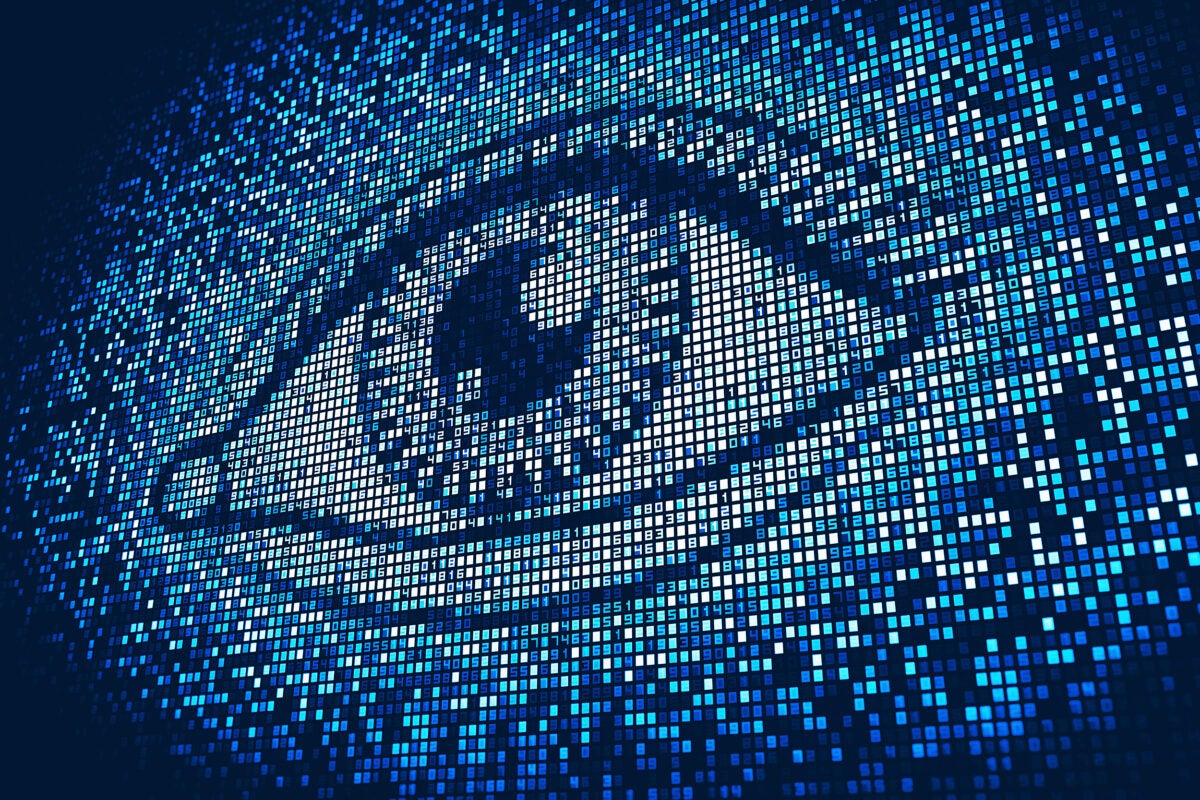- Cashless Society in 2030?

A 'Cashless Society' means, among others:
- A 'no cash' society means NO MORE CASH, zero or 0.0
- This does NOT mean 'almost cashless' or 'just a little bit of cash here and there'
- No cash means fully digital, fully traceable and fully verifiable.
- I think those who want a completely cashless society are not aware of what this entails
- No cash payments for your groceries on the market.
- No more garage sales.
- No more cash for the homeless, street musicians or barrel organs.
- No more cash euros from grandparents for your child's report.
- No more cash in a birthday card for your father, mother, brother, sister, friends, neighbors or nieces and nephews.
- No more piggy bank and tooth fairy jars for your kids.
- No more selling your stuff from attic clearances.
- Less choice on where you buy based on affordability.
What a 'no cash' company does guarantee you is:
Stop with default debit card payments and pay cash as much as you can again!
- - that the bank has full control over your (earned) money
- - that every transaction is registered
- - that all your actions and movements are traceable.
If war breaks out, your bank card is (most likely) useless. Parts of the internet will then be down, digital transactions will mostly no longer be possible, so you can no longer access your money.
--o-O-o--
- MSM: The 'Pros and Cons' of a Cashless Society
- Wikipedia.org/wiki/Cashless_society
- MSM: Are We Really Headed for a Cashless Society?
- MSM: Should We Become a Cashless Society? Public policy experts are working to balance the pros and cons of our increasingly cashless economy.
MSM: What Does A Cashless Future Mean? | The Economist
... and the biggest "Elephant in The Room": what is role & influence of A.I. Micromanaging Humanity more and more >>> especially when all kinds of "social credit" reward/punish (cancel culture) systems are initiated all over the globe.
- WEF Propaganda Mass Brainwashing: "The benefits of a cashless society" ... We're shifting toward a cashless society, with potential for enormous socio-economic benefits for both developed and developing countries.
cheers,
John Kuhles aka 'ExomatrixTV'
April 12th, 2022 🦜🦋🌳
- Home
- Forum
- Chat
- Donate
- What's New?
-
Site Links

-
Avalon Library

-
External Sites

- Solari Report | Catherine Austin Fitts
- The Wall Will Fall | Vanessa Beeley
- Unsafe Space | Keri Smith
- Giza Death Star | Joseph P. Farrell
- The Last American Vagabond
- Caitlin Johnstone
- John Pilger
- Voltaire Network
- Suspicious Observers
- Peak Prosperity | Chris Martenson
- Dark Journalist
- The Black Vault
- Global Research | Michael Chossudovsky
- Corbett Report
- Infowars
- Natural News
- Ice Age Farmer
- Dr. Joseph Mercola
- Childrens Health Defense
- Geoengineering Watch | Dane Wigington
- Truthstream Media
- Unlimited Hangout | Whitney Webb
- Wikileaks index
- Vaccine Impact
- Eva Bartlett (In Gaza blog)
- Scott Ritter
- Redacted (Natalie & Clayton Morris)
- Judging Freedom (Andrew Napolitano)
- Alexander Mercouris
- The Duran
- Simplicius The Thinker









 Reply With Quote
Reply With Quote



Bookmarks